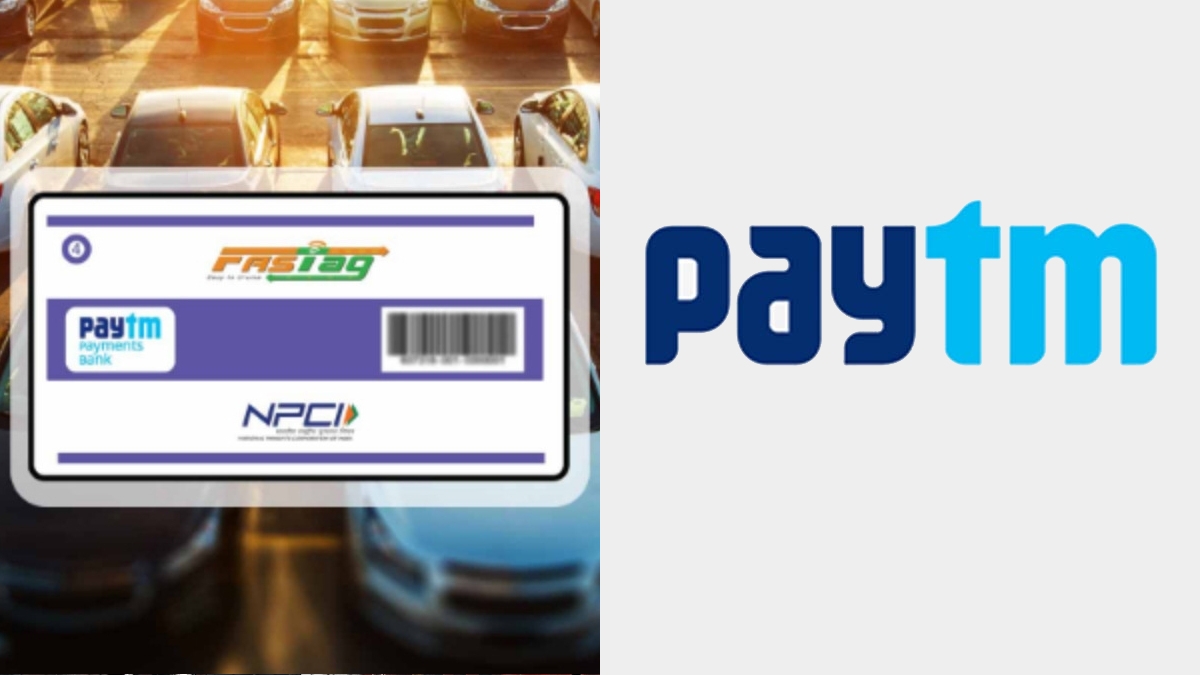
In a significant move impacting Paytm FASTag users, the Reserve Bank of India (RBI) has mandated that Paytm Payments Bank cease all credit transactions, including FASTag recharges, from March 1, 2024. This directive stems from regulatory concerns and non-compliance issues identified within Paytm Payments Bank, leaving users in a quandary about the future of their FASTag services.
Key Highlights:
- RBI’s crackdown restricts Paytm Payments Bank from accepting fresh deposits or facilitating credit transactions post-February 29, 2024.
- Paytm FASTag users can utilize existing balances but cannot top up or recharge their FASTags via Paytm Wallet starting March.
- Users cannot port FASTags issued by Paytm to other banks, necessitating the purchase of new FASTags from authorized banks for uninterrupted service.
- Paytm is in discussions with RBI to find a resolution for affected services, aiming to minimize user impact.

As the deadline looms, Paytm FASTag holders face the reality of not being able to recharge their tags for toll payments on India’s highways, directly linked to their Paytm wallets. This situation has propelled users to consider alternative FASTags issued by other RBI-authorized banks to ensure seamless toll transactions.
The Impact of RBI’s Directive on Paytm FASTag Users
The Reserve Bank of India’s directive to Paytm Payments Bank to halt credit transactions and fresh deposits has significant implications for users of Paytm FASTag, a widely used service for electronic toll collection on highways across India. This move is part of a broader regulatory action aimed at addressing non-compliance and supervisory concerns with the bank’s operations.
Future of Digital Wallets and FASTag Services
The situation with Paytm Payments Bank highlights the evolving regulatory landscape for digital wallets and FASTag services in India. It underscores the importance of regulatory compliance and the impact of financial governance on end users. This development may prompt users to diversify their digital payment methods and rely on multiple providers for such services.
The Broader Implications for the Fintech Sector
RBI’s actions against Paytm Payments Bank may serve as a cautionary tale for other fintech companies, emphasizing the need for strict adherence to regulatory norms and guidelines. It may lead to increased scrutiny of fintech operations, prompting companies to bolster their compliance frameworks to avoid similar setbacks.
Despite the challenges posed by RBI’s directive, Paytm is actively seeking solutions to safeguard its customer base, including potential collaborations with other banking institutions to maintain service continuity. The company also underscores that its other services, such as UPI and wallet transactions not involving credit operations, remain operational, ensuring minimal disruption to its users.
Conclusion:
The RBI’s stern measures against Paytm Payments Bank have ushered in a period of uncertainty and adjustment for Paytm FASTag users. As the platform navigates regulatory scrutiny, customers are compelled to explore alternative FASTags for uninterrupted toll payments. This incident underscores the importance of regulatory compliance in the fintech sector and the need for users to stay informed and adaptable in the face of changing financial landscapes. This situation offers a moment for reflection on the importance of regulatory compliance in the fintech sector and the need for consumers to stay informed about the financial services they use.






















